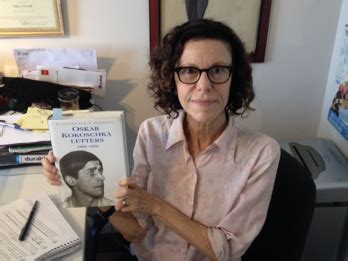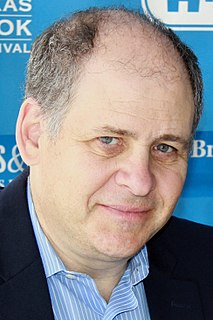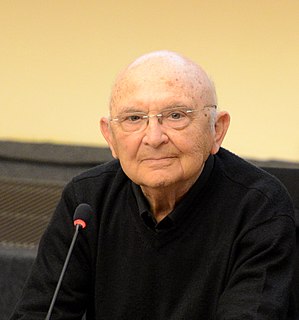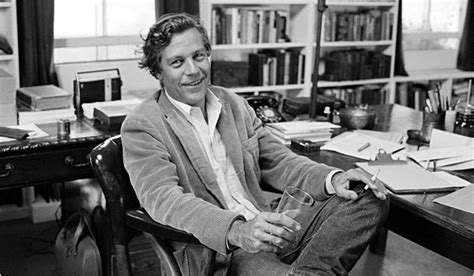A Quote by Amy Gerstler
My main ambition as a teenager was to somehow resurrect the dark-minded writer Franz Kafka and become his girlfriend.
Related Quotes
When I wrote 'Your Republic Is Calling You,' it was Franz Kafka's writing that I had most in mind, and James Joyce's 'Ulysses.' Entirely out of the blue, Kafka's characters receive an order to go somewhere, and when they try to comply, they never quite manage it. Ki-yong in 'Your Republic Is Calling You' is precisely that sort of character.
I guess I will say, going back to the Judaism questions, there are mental reflexes or patterns that I think of as Jewish in my own feelings about mysticism and theology.Franz Kafka is someone I very much revere. If I believed in holy texts I'd go to him as a touchstone. Not that I read Kafka all the time at this point. In a way, this is what I most want to talk about and it's the hardest to talk about.
Writing itself, if not misunderstood and abused, becomes a way of empowering the writing self. It converts anger and disappointment into deliberate and durable aggression, the writer's main source of energy. It converts sorrow and self-pity into empathy, the writer's main means of relating to otherness. Similarly, his wounded innocence turns into irony, his silliness into wit, his guilt into judgment, his oddness into originality, his perverseness into his stinger.
Franz Kafka is dead. He died in a tree from which he wouldn't come down. "Come down!" they cried to him. "Come down! Come down!" Silence filled the night, and the night filled the silence, while they waited for Kafka to speak. "I can't," he finally said, with a note of wistfulness. "Why?" they cried. Stars spilled across the black sky. "Because then you'll stop asking for me."
This brings me back to the image of Kafka standing before a fish in the Berlin aquarium, a fish on which his gaze fell in a newly found peace after he decided not to eat animals. Kafka recognized that fish as a member of his invisible family- not as his equal, of course, but as another being that was his concern.
Kafka is one of my very favorite writers. Kafka's fictional world is already so complete that trying to follow in his steps is not just pointless, but quite risky, too. What I see myself doing, rather, is writing novels where, in my own way, I dismantle the fictional world of Kafka that itself dismantled the existing novelistic system.
By the time Kafka was seven or eight years old, he already had a relatively dark view of the world derived from experiences in his own family. This told him that the world was organized in a strictly hierarchical manner and that those on the top were allowed to mete out punishment in any way they chose. They were entitled to leave those on the bottom uninformed about the rules to which they subscribed; they weren't even required to follow their own rules - this is how Kafka described it in his later Letter to My Father.






































